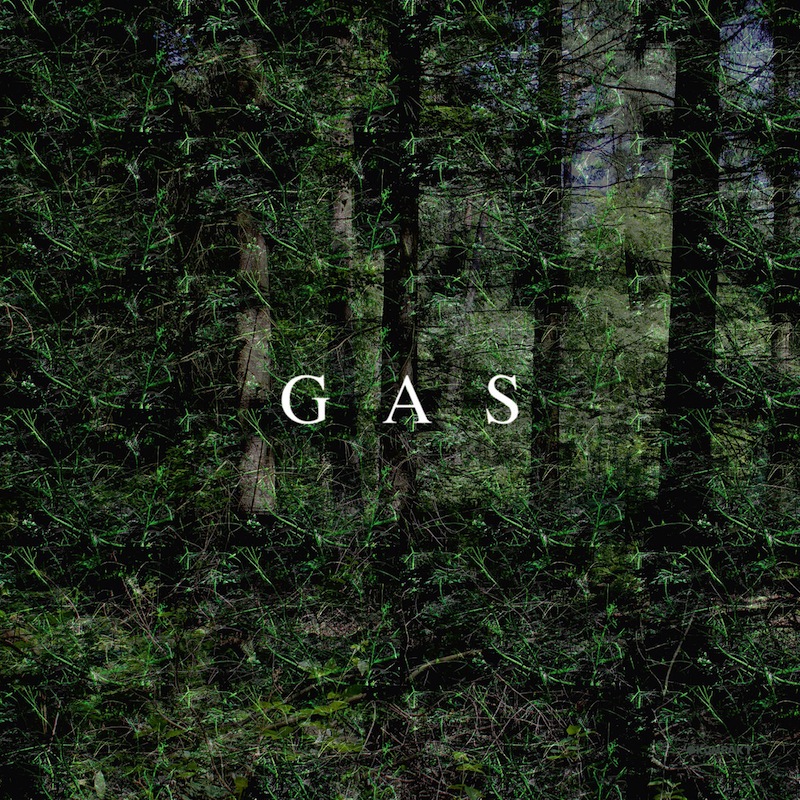Andy Stott – Never the Right Time

Andy Stott’s two complementary 2011 EPs, Passed Me By and We Stay Together, arrived as EDM was strobing its way through the Billboard charts, making rave subculture the stuff of mainstream festival headliner slots. But Stott, turning sharply away from the more conventional techno and IDM influences on his 2006 debut Merciless, saw fit to go where pop electronica wouldn’t, reveling in darkness and grime, finding beauty in decay and rust. He’s played metal showcases at SXSW and noise festivals in New York, and fused the gothic 4AD textures of Cocteau Twins and This Mortal Coil to abstract dancefloor industrial techno. Wherever the commercial trends of electronic music were headed, in other words, Stott would likely be found choosing an altogether different direction.
The gap between 2016’s Too Many Voices and his latest, Never the Right Time, is the longest space Stott has allowed between full-length records to date. The former saw Stott leaving behind some of the heaviness of his previous two albums and casting off some of its more menacing weight in favor of his own interpretations of a club-friendly sound—not a conventional one by any means, but approachable all the same. The late 2019 release of the It Should Be Us EP suggested that he still seemed perfectly comfortable beneath a cloak of darkness, but the proof of concept on Too Many Voices was sufficient enough to find him approached by a “mainstream artist,” according to a press release—not the likeliest path for an artist like Stott, but one with its own weirdly exhilarating promise. That hasn’t happened yet, business as usual being interrupted by the pandemic, and left to his own solitary purgatory, Stott simply got back to work, recording hours and hours of material and paring it down to the moments where the seams, stitches and bruises shone through to the surface.
Never the Right Time isn’t a return to the clangor of Faith in Strangers nor is it as bright and extroverted as Too Many Voices. A reflection of the period from whence it came—as well as the material that Stott had spinning throughout those months (A.R. Kane, Gavin Bryars, Bohren & der Club of Gore)—Never the Right Time is made not of sharp edges but of ooze and haze. This is a dense fog of an album, disorienting and composed of blurry shapes. Stott hasn’t abandoned beats or even the idea of making music that speaks to the corporeal form, but the corners are more nebulously outlined and the echo sometimes rings louder than the initial impact.
The layers of melancholy that Stott explores on opening track “Away Not Gone” open up a thick blanket of gloom that drapes over every track from that point on. It’s a gorgeous, bittersweet gloom, though, marked by shimmering guitar arpeggios and collaborator Alison Skidmore’s otherworldly vocal reverberations. It’s only in the following track, “Never the Right Time,” that beats start to converge and form a framework around these amorphous gauzy layers, and from there, the album becomes a kind of exercise in contrasts between a shadowy atmosphere built on suggestions more than shapes, and the pulses that bring it to life. It gives way to static ridden sophisti-glitch on “Don’t Know How,” airy, looping post-punk on “The beginning,” and beautifully ornate, psychedelic synth-pop on “Hard to Tell.”
Though it’s largely written in the same language as Stott’s past albums—wobbly post-punk basslines, staticky pulses, Skidmore’s ghostly vocals—the end result of Never the Right Time feels markedly different. It’s not quite true to say that this is Stott’s first proper ambient album; after all, it does have beats. But it’s clearly inextricable from the context of being made in solitude, an album of insularity and a desperation to break free. The beats feel anxious rather than hedonistic, the atmosphere sumptuous even at its most austere. But in the process of finding comfort in being uncomfortable, in finding the freedom of going nowhere at all, Stott has rendered his signature greyscale in what feels like millions of shades.
Label: Modern Love
Year: 2021
Similar Albums:
Jeff Terich is the founder and editor of Treble. He's been writing about music for 20 years and has been published at American Songwriter, Bandcamp Daily, Reverb, Spin, Stereogum, uDiscoverMusic, VinylMePlease and some others that he's forgetting right now. He's still not tired of it.




